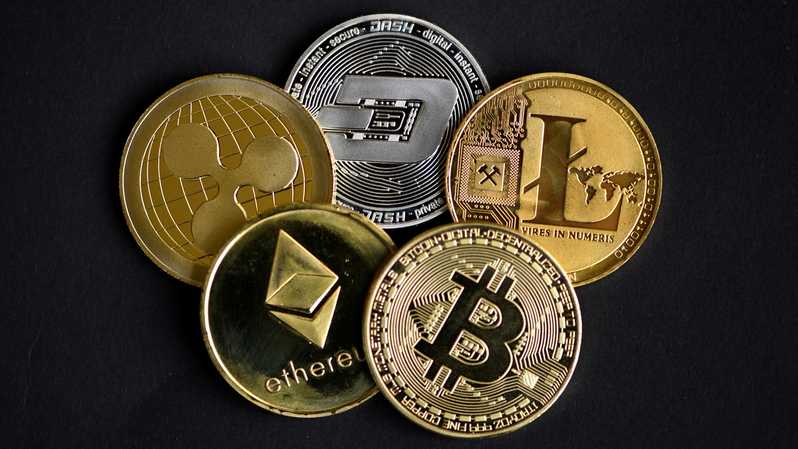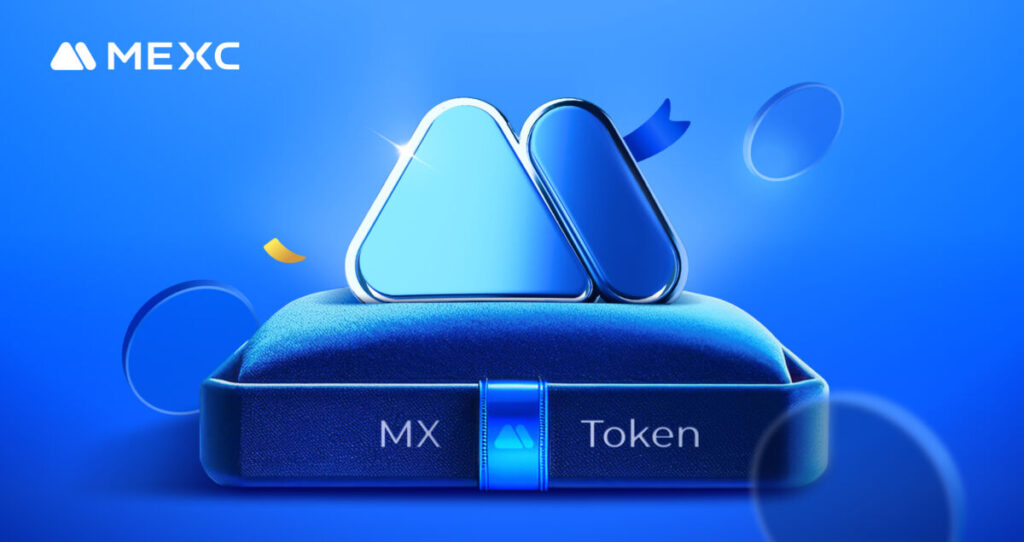
6 minute read
Is Crypto Legal in Pakistan? What You Need to Know
from MEXC
by Exness_India
Cryptocurrency has taken the world by storm, revolutionizing how people think about money, investments, and digital transactions. However, one of the most frequently asked questions among investors and tech enthusiasts in Pakistan is: Is crypto legal in Pakistan? The answer to this question is crucial for anyone looking to trade, invest, or use cryptocurrencies in the country.
In this article, we will cut through the confusion and provide a clear, straightforward answer about the legality of cryptocurrencies in Pakistan. We will explore the current regulatory landscape, government stance, challenges, and what it means for crypto users in Pakistan today.

✅ MEXC - Best Crypto Exchange: Open An Account 👈
The Short Answer: Cryptocurrency is Not Fully Legal in Pakistan
As of now, cryptocurrencies are not officially recognized as legal tender in Pakistan. The country’s central bank, the State Bank of Pakistan (SBP), has consistently maintained a cautious and somewhat restrictive stance on cryptocurrencies.
While trading and using cryptocurrencies are not outright banned for individuals, the government has not legalized or regulated these digital assets in a way that grants them legal status like the Pakistani Rupee.
This means you cannot use cryptocurrencies as a recognized form of payment, and financial institutions in Pakistan are prohibited from facilitating crypto transactions. But individuals are still able to buy and sell cryptocurrencies on peer-to-peer platforms and through overseas exchanges, though this comes with risks due to the absence of clear legal protections.
What Does the State Bank of Pakistan Say?
The SBP has issued multiple warnings over the past few years regarding the use of cryptocurrencies. The key reasons cited include concerns about fraud, money laundering, terrorist financing, and the volatile nature of crypto assets. The central bank has emphasized that cryptocurrencies are not legal tender and has advised citizens to exercise caution.
In April 2018, the SBP officially prohibited banks and financial institutions from providing services related to virtual currencies. This directive effectively bars regulated entities from supporting crypto transactions, creating a significant barrier for crypto adoption through official financial channels.
Government and Regulatory Approach
Pakistan’s government has shown a divided approach to cryptocurrencies. While the State Bank has taken a restrictive position, some parts of the government have hinted at the potential benefits of blockchain technology. However, no comprehensive legal framework exists yet to govern cryptocurrencies.
The Securities and Exchange Commission of Pakistan (SECP), which regulates the capital market, has not introduced specific rules for crypto assets either. This regulatory vacuum creates uncertainty for investors and businesses seeking to operate legally within the crypto space.
Is Cryptocurrency Trading Allowed in Pakistan?
While the government and the central bank do not officially endorse cryptocurrencies, cryptocurrency trading is not banned outright for individuals. Many Pakistanis actively participate in crypto trading through international platforms like Binance, Coinbase, and peer-to-peer exchanges such as LocalBitcoins or Paxful.
However, because banks are prohibited from facilitating crypto transactions, buying or selling cryptocurrencies often involves indirect methods such as cash trades or using third-party payment services outside the regulated banking system. This can expose traders to scams, fraud, or difficulties when trying to convert crypto to local currency.
Risks and Challenges for Crypto Users in Pakistan
1. Legal Uncertainty: Since cryptocurrencies lack official legal status, users have limited recourse if they face disputes or fraud.
2. Banking Restrictions: Without banking support, it’s harder to convert crypto funds to Pakistani Rupees or deposit profits into local bank accounts.
3. Risk of Crackdown: While no mass bans have occurred yet, the government could introduce stricter regulations or penalties at any time.
4. Taxation Ambiguity: There is no clear guidance on how cryptocurrency gains should be taxed, which could lead to compliance issues.
5. Volatility and Scams: The crypto market is inherently volatile and susceptible to fraudulent schemes, which is even riskier without regulatory safeguards.

✅ MEXC - Best Crypto Exchange: Open An Account 👈
Has Pakistan Considered a Central Bank Digital Currency (CBDC)?
Interestingly, while the government is wary of decentralized cryptocurrencies, Pakistan is exploring the possibility of a Central Bank Digital Currency (CBDC). A CBDC would be a digital version of the Pakistani Rupee, fully regulated and controlled by the SBP.
If implemented, a CBDC could provide a legal digital alternative to private cryptocurrencies and potentially pave the way for clearer regulations regarding digital financial transactions. However, this is still in the research phase, and no launch date has been announced.
Why Is Pakistan Hesitant About Cryptocurrencies?
Several factors explain Pakistan’s cautious approach:
· Financial Stability Concerns: Cryptocurrencies’ volatility and unregulated nature could pose risks to the country’s financial system.
· Illicit Activities: Authorities worry that cryptocurrencies could be used for money laundering, tax evasion, and funding terrorism.
· Lack of Consumer Protection: Without regulation, users are vulnerable to fraud, hacking, and loss of funds.
· Technological Challenges: Ensuring secure and compliant integration of crypto services into existing financial infrastructure is complex.
What Should Pakistani Crypto Enthusiasts Do?
If you live in Pakistan and want to get involved in cryptocurrencies, here are some practical tips:
· Stay Informed: Keep track of official statements from the SBP and government regarding crypto regulations.
· Use Reputable Platforms: Trade on well-known international exchanges with strong security measures.
· Avoid Banks for Crypto Transactions: Since banks are banned from processing crypto trades, use peer-to-peer networks carefully and verify counterparties.
· Be Cautious with Investments: Due to high volatility and regulatory risk, only invest what you can afford to lose.
· Follow Tax Guidelines: Even though crypto taxation is unclear, maintain accurate records of all transactions in case tax authorities inquire.
· Watch for Regulatory Changes: The landscape could change rapidly, so be prepared to adjust your strategy accordingly.
Future Outlook: Will Crypto Become Legal in Pakistan?
The future of cryptocurrency legality in Pakistan remains uncertain but promising. Global trends show increasing acceptance of digital currencies, and Pakistan’s young, tech-savvy population is eager to engage with blockchain innovations.
The government could follow the path of other countries by developing clear regulations, enabling safer trading environments, and introducing consumer protections. Legalizing and regulating cryptocurrencies could also help the country attract foreign investment and foster fintech innovation.
However, this will require overcoming legitimate concerns about security, financial integrity, and the risk of misuse.
Conclusion: Is Crypto Legal in Pakistan? Not Yet, But Keep Watching
In summary, cryptocurrencies are not legally recognized as official currency in Pakistan, and banks cannot support crypto transactions. However, trading and owning cryptocurrencies is not banned outright for individuals, creating a gray area that many Pakistanis currently navigate.
If you are interested in cryptocurrency in Pakistan, approach the market with caution, stay updated on regulations, and understand the risks involved. The regulatory environment is evolving, and clearer laws may emerge in the near future.
For now, Pakistan remains a country where crypto is unofficially tolerated but not fully legal, making it essential for users to be vigilant and informed.
✅ MEXC - Best Crypto Exchange: Open An Account 👈
Read more:








